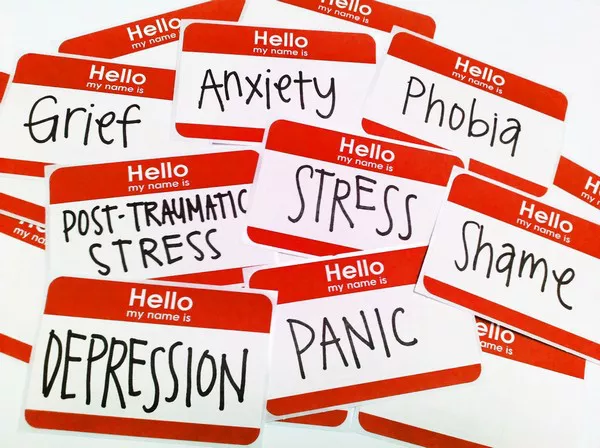A recent study conducted by Aberystwyth University has shed light on the mental health of magicians, revealing that they are less prone to mental illness compared to other creative individuals, such as artists and comedians.
Published in the journal BJPsych Open, the study examined the psychological traits of 195 magicians and 233 individuals from the general population. The findings indicated that magicians are notably exempt from the inner turmoil often experienced by other creative groups.
Unlike the commonly held association between creativity and mental health challenges, magicians demonstrated significantly lower risks on three key measures of psychosis or degrees of losing contact with reality. They were also found to be less likely to experience hallucinations or cognitive disorganization, factors that can impede concentration.
Dr. Gil Greengross from Aberystwyth University’s psychology department suggested that the precision required in magic performances sets magicians apart. Unlike other performing artists, overcoming errors is more challenging in magic, as tricks often culminate in a surprising and awe-inspiring “Aha” moment.
“Failed magic tricks leave a greater impact than unfunny jokes and are harder to compensate for as they are few and far between,” explained Dr. Greengross. He emphasized that the high stakes of magic performances, combined with the technical skills required, make magicians a unique group to study among artistic professions.
Magicians were found to share mental health profiles more closely with mathematicians and scientists than with other creative groups. Dr. Greengross highlighted the distinction that magicians create and perform their own tricks, a characteristic not commonly shared by other creatives who are typically either creators or performers.
The study also revealed that magicians scored low on impulsive nonconformity, a trait associated with anti-social behavior and lower self-control. Dr. Greengross noted that these traits, valuable for other creative groups, are often expressed in acts that challenge conventional wisdom.
In conclusion, the study suggests that the relationship between creativity and psychopathology is more complex than previously thought. Magicians, with their unique blend of creativity, precision, and performance, provide an intriguing avenue for further exploration into the intricate connection between mental health and creative professions.


